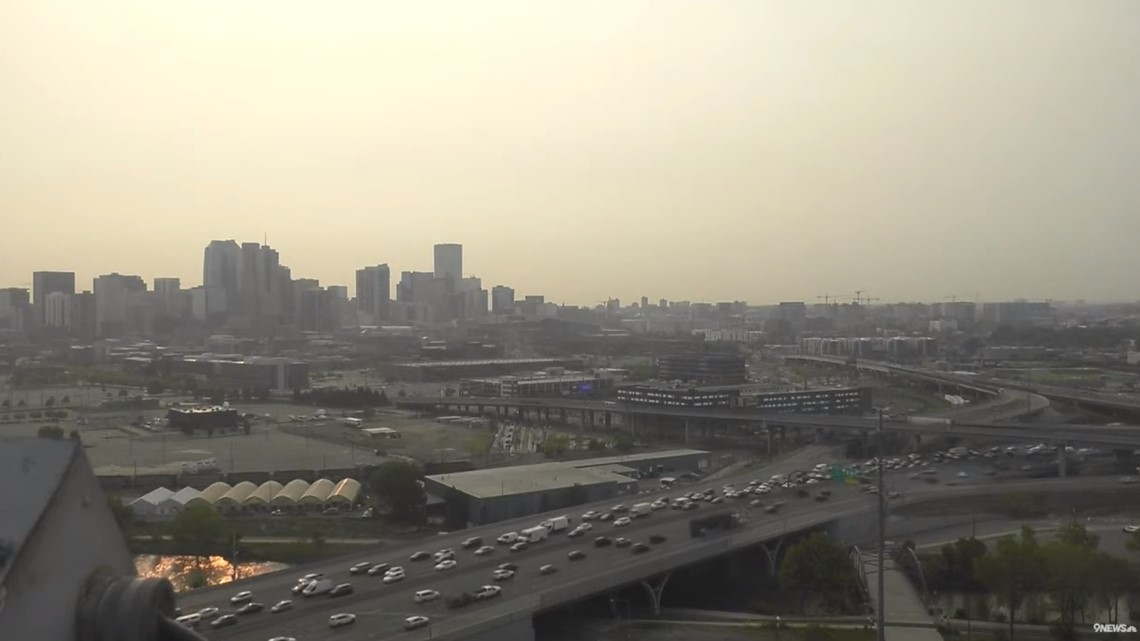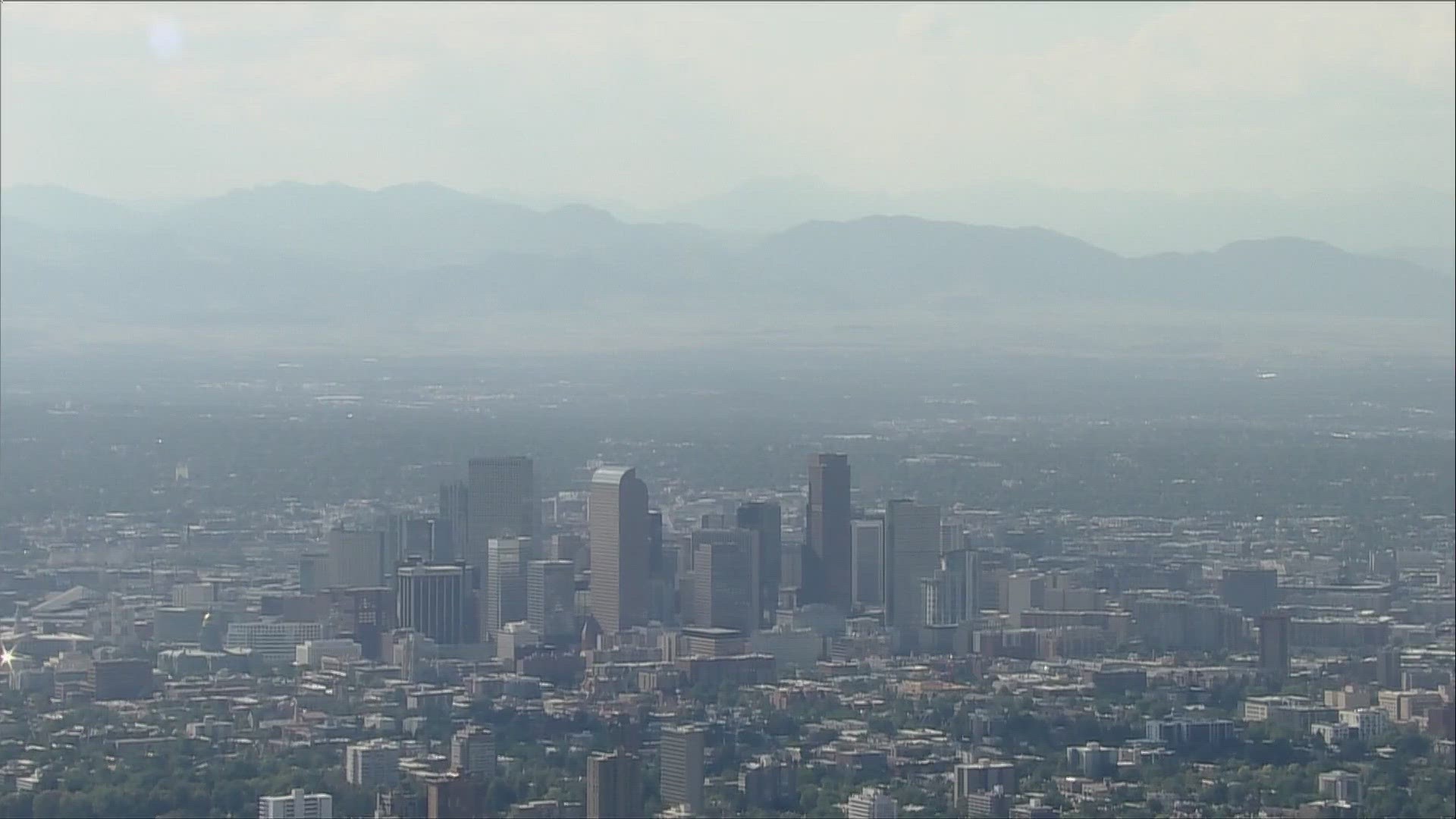DENVER — Smoke from the Canadian wildfires is once again hazing up the Front Range.
Not only is it unpleasant to breathe, new research shows that smoke can erode the protective ozone layer.
Take for example a 2020 Australian brushfire that burned nearly 40 million acres and pumped massive amounts of smoke into the atmosphere.
"It injected on the order of about one million tons of soot and organics into the stratosphere," said Doug Kinnison, project scientist at the National Center for Atmospheric Research in Boulder. "The soot is being injected above the ozone layer."
Kinnison and a team of researchers from across the country wanted to know exactly what that smoke was doing to the ozone layer, the protective layer of the earth's atmosphere shielding the planet from the sun's damaging UV rays.
"Because anything that affects the ozone layer will affect the amount of ultraviolet light that gets to the surface and causes skin cancer and plant damage," Kinnison said.
The scientists discovered that not only does the smoke and soot stay in the stratosphere for years, but while it's there, it changes the chemical make-up of the ozone.
"What we observed was that... the ozone in the mid latitudes in the southern hemisphere... from this Australian fire, just depleted on the order of three to 5%," he explained.
Consider in the 1980's, protocols were enacted to reduce the amount of ozone depleting chemicals called Chlorofluorocarbons, or CFCs for short.
As a result, the ozone is now recovering about 1% per decade.
"If we follow those protocols, our ozone will be back to pre-CFC days in about year 2045," said Kinnison. "It takes a while, but a 1% per decade, we'll get there."


However, depleting the ozone by 3 to 5% in a single year means that recovery progress takes a major step back.
"That's what we're concerned about," Kinnision said.
And the hotter and drier our climate gets, the more massive fires we will see further endangering our ozone.
"By reducing the amount of greenhouse gas warming, you're going to have a atmosphere that's not as prone to these wildfires," said Kinnison.
In addition to minimizing climate change, the research stresses the importance of mitigating for wildfires to minimize the chance these mega fires start in the first place.
SUGGESTED VIDEOS: Colorado Climate
> Top stories curated daily just for you! Sign up for the 9NEWSLETTER to get can’t-miss stories, Next and Broncos content, weather and more delivered right to your inbox.
MORE WAYS TO GET 9NEWS
Subscribe to our daily 9NEWSLETTER
Download the 9NEWS APP
iTunes: http://on9news.tv/itunes
Google Play: http://on9news.tv/1lWnC5n
HOW TO ADD THE 9NEWS APP TO YOUR STREAMING DEVICE
ROKU: add the channel from the ROKU store or by searching for KUSA.
For both Apple TV and Fire TV, search for "9news" to find the free app to add to your account. Another option for Fire TV is to have the app delivered directly to your Fire TV through Amazon.

